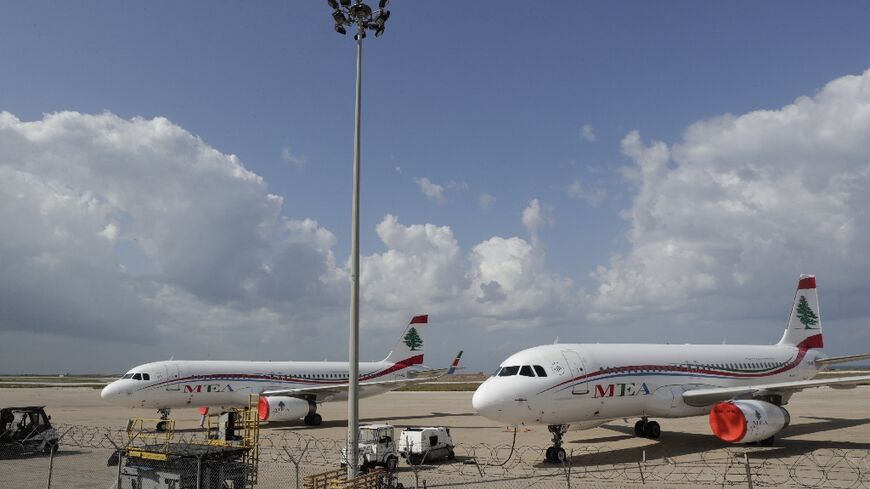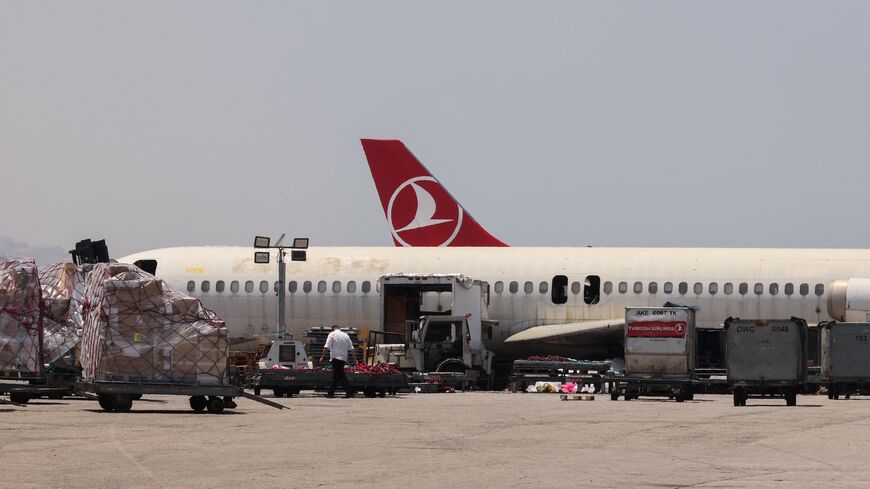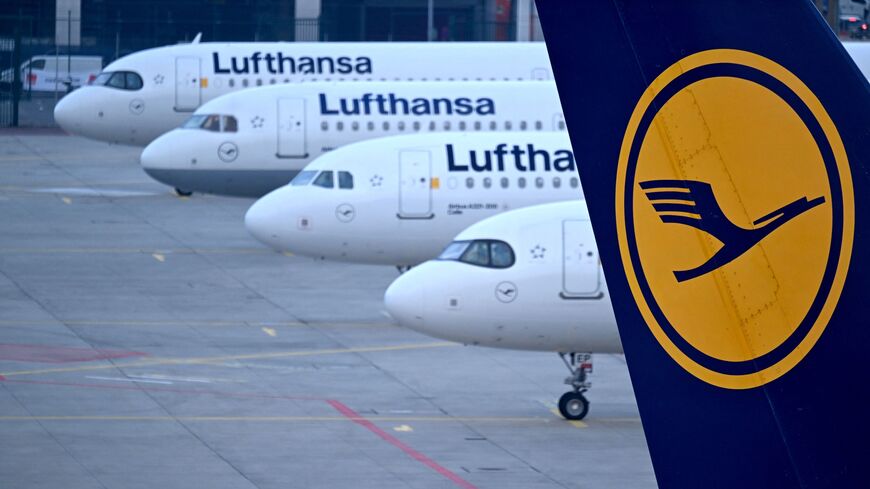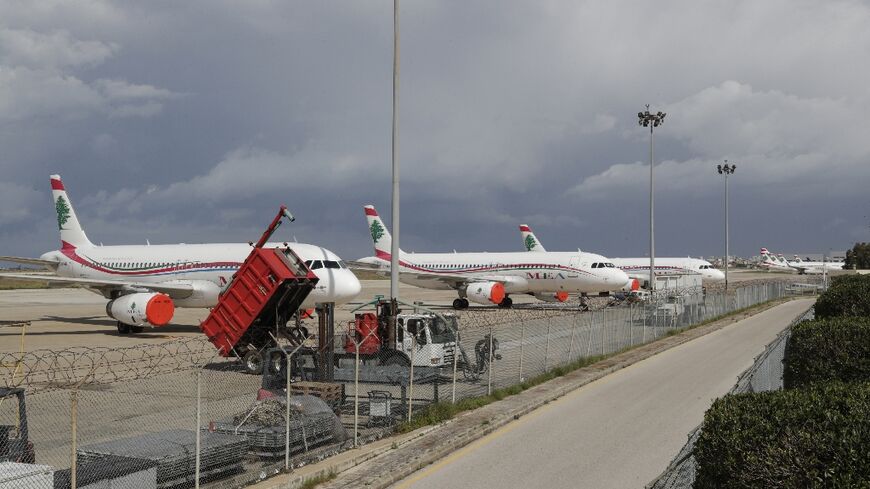France, Canada, Australia warn citizens against travel to Israel, Lebanon, Iran
Several countries are warning their citizens against travel to Israel, the Palestinian territories, Lebanon and Iran, amid fears that Tehran will strike Israel soon.

PARIS — France warned its citizens on Friday against travel to Israel, the Palestinian territories, Iran and Lebanon in the coming days, as tensions soar over a possible Iranian strike on Israel.
Following the April 1 airstrikes on the Iranian Consulate that killed seven Islamic Revolutionary Guard Corps (IRGC) officials in Damascus and were widely attributed to Israel, Iranian officials publicly vowed to retaliate.
Canada and Australia have also issued warnings to their citizens advising them not to travel to the region. India advised its citizens to avoid travel to Israel and to Iran until further notice. Indian nationals residing in those two countries were requested to register with their respective embassy. On Thursday, Russia issued a similar warning to its nationals against traveling to the Middle East, and the German airline Lufthansa, one of only two Western carriers flying to Tehran, extended a ban on flights to the Iranian capital that it had issued on Wednesday.
In three separate warnings — for Lebanon, for Iran and for Israel and the Palestinian territories — France's Foreign Ministry instructed French nationals currently in these locations to be extremely careful.
“It is essential to stay away from any gathering, to keep constantly informed and to consult the sites of the consulates,” the warning read. France also urged family members of its diplomats stationed in Tehran to leave the country.
Iran could launch an attack on Israeli soil within the next 24 to 48 hours, The Wall Street Journal reported on Thursday, citing an unnamed American official privy to intelligence reports. The source also said that US intelligence now indicates an Iranian strike could “possibly [be] on Israeli soil,” as opposed to targeting Israeli interests elsewhere, such as Israeli embassies or consulates abroad. Still, the Journal also reported that the Iranian leadership has yet to make a final decision on the nature and timing of its response.
Israel has been preparing for a possible Iranian attack since the Damascus airstrikes and ensuing threats of retaliation by Tehran. The Israeli Air Force has recalled soldiers for reserve duty, and all weekend vacations for regular soldiers have been cancelled. Prime Minister Benjamin Netanyahu will convene the security cabinet Friday afternoon, before the beginning of the Sabbath, for an assessment of the current situation.
On Thursday, the US Embassy in Jerusalem said government employees and their families are restricted from personal travel outside of greater Tel Aviv, Jerusalem and Beersheba “out of an abundance of caution.”
In a Thursday update, Canada instructed its citizens to avoid nonessential travel to Israel and all travel to Gaza, the West Bank and parts of the Israeli-annexed Golan Heights close to the Syria border.
The same day, Australia's Smarttraveller website issued a series of warnings on travel to Saudi Arabia, Jordan and other countries in the region. On Friday, Australia instructed citizens to not travel to Iran, Iraq and Lebanon and to “reconsider” travel to Israel and the Palestinian territories.
Any Iranian retaliation against Israel could involve Lebanon due to the presence of the Iran-backed Hezbollah militia. The Israeli military and Hezbollah have engaged in tit-for-tat exchanges near the border almost non-stop since the start of the Gaza war.
On the West Bank, clashes between Israelis and Palestinians are a regular occurrence. On Friday, WAFA, the official Palestinian news agency, reported that two Palestinians had been shot and killed by Israeli forces during raids in and around the city of Tubas. The Israeli military said in a post on X that its forces had killed a Hamas operative in the area.
Adam Lucente contributed from New York.








